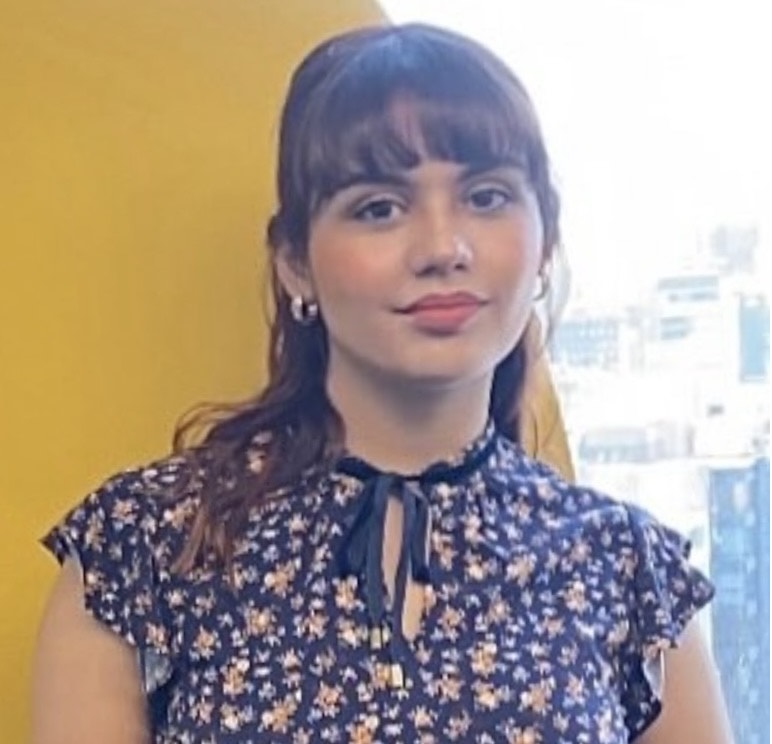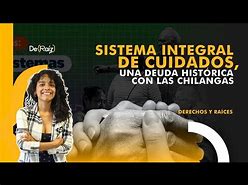By Paola Camila Alós Villalba
Member of the Youth Advisory Group (GAJ)-GOYN-CDMX
In Mexico City, caregiving is often thought of as something foreign to youth, as if our lives were beyond this responsibility. But one need only look into the homes of Iztapalapa, Milpa Alta, or Xochimilco to see a different reality: we are girls, adolescents, and young women who sustain life in conditions of inequality and without recognition.
This year, at the Young Voices in Care Forum, on June 20th at Clap Cdmx, a space for youth learning programs and workshops located in Tacubaya, we had the opportunity to speak out and talk about something rarely heard: that we are also subjects of rights when we talk about care.
Participation included the GOYN network, the YouthES Platform, Oxfam Mexico, the Citizen Initiative, and collectives of women caregivers from the periphery, among others. A discussion was held in which we discussed the things that happen to us through caregiving, who, why, and for what purpose we care, and the importance of caregiving work that spans all generations and impacts the world.
In Mexico, 31.7 million people perform unpaid care work in our homes or other spaces; 751 million of us are women. And among that population, 101,000 young people in Mexico City are unable to study or work with dignity because they are busy, especially women, caring for other people. But behind the numbers are life stories, postponed dreams, and exhausted bodies: I am one of those young people who, like many of my colleagues in the GOYN-CDMX Advisory Group, have had to care for sick relatives, older adults, and children. I have done so without pay, without institutional support networks, and often without realizing that this is also work.
At the Forum's discussion tables, many of us shared the same sentiment: that of being invisible to public policy, but indispensable to everyday life, she maintained.
Caregiving takes thousands of forms, from love, support, and protection, but it is also a job and a responsibility.
When we talk about care, we're also talking about the environment. Caring isn't just about accompanying a sick person or preparing food. Young people, especially those of us who defend the land and the environment, understand that care is not possible without a healthy planet. As one colleague said at the forum: "Thanks to us, this world won't fall apart." And she's right. We often sustain this world out of love, but also out of the urgency that someone needs to do it.
Since our participation in GOYN, we have worked to forge multisector alliances, building bridges between civil society, government, and the private sector. We want our proposals to go beyond forums and documents, but rather to be translated into laws, budgets, and concrete services.
The lack of national and local public policy that recognizes and values youth caregivers has profound consequences: we live triple shifts, with half-assed studies, low-paying jobs, and little or no self-care. This lack of time is not just a logistical issue: it impacts our mental, physical, and emotional health. Experts at the Forum also stated: without recognition, without budget, without co-responsibility from the State, caregiving will continue to fall on those with the least time and resources.
The Forum was a demonstration of what is possible when we are heard. We, the youth, have clear proposals. Near the end of the forum, a petition was signed by the relevant authorities and youth caregivers in a sort of symbolic act.
Talking about youth and care isn't just about a burden. It's also about a right: the right to care, to be cared for, and to care for ourselves with dignity. And that includes being able to dream, being able to rest, and being able to decide about our lives. We're not asking for charity or pity, we're asking for social and institutional co-responsibility, because at the end of the day, if this system truly aspires to be comprehensive, it needs our voices, our experiences, and our proposals.
We are young people who are ready to transform care into a collective.






